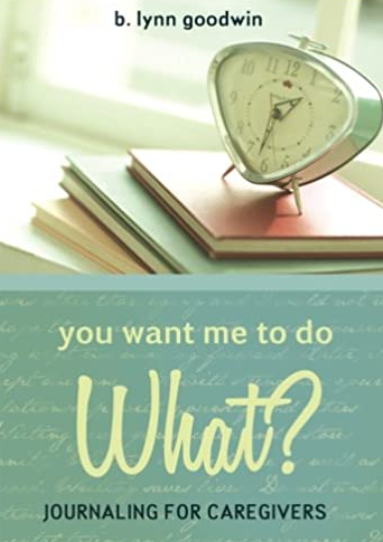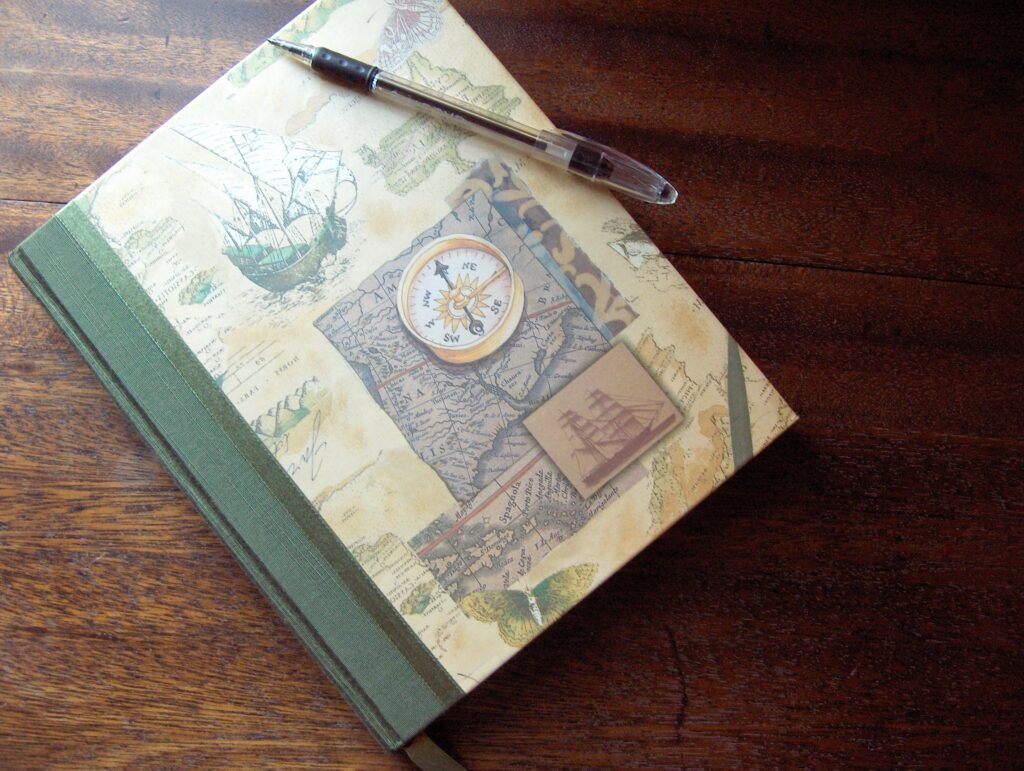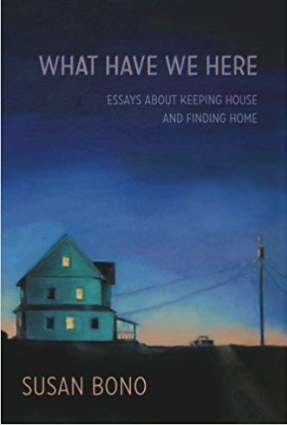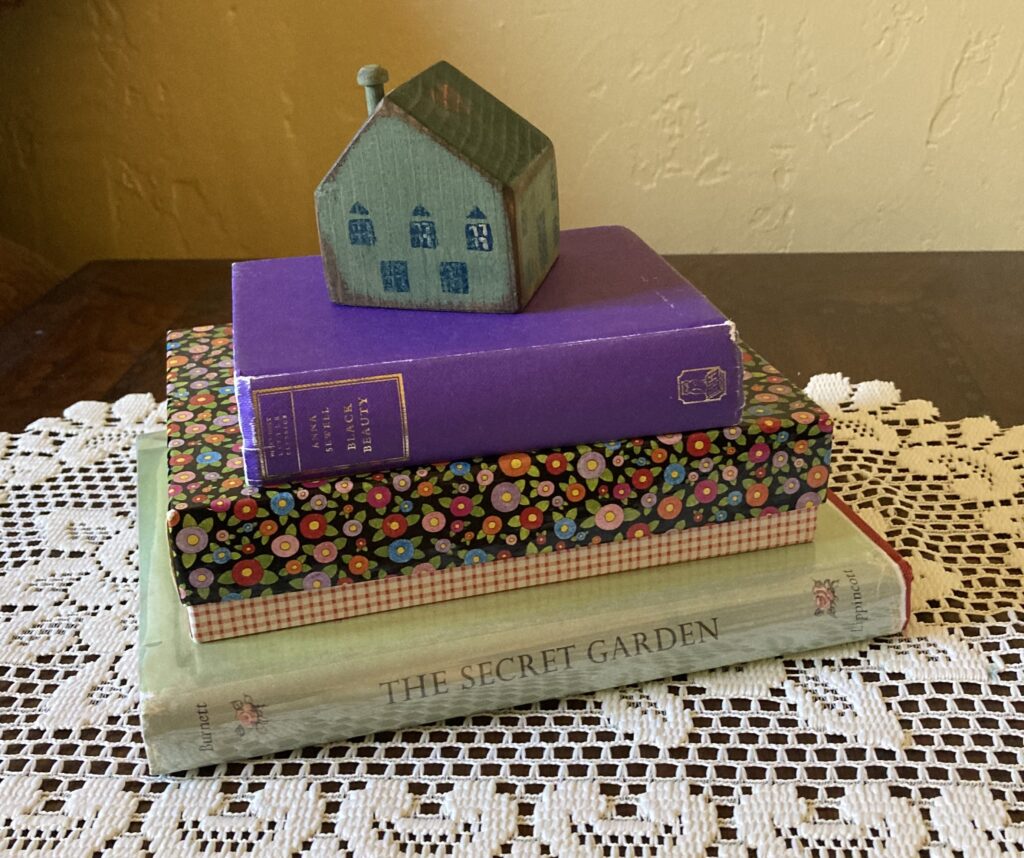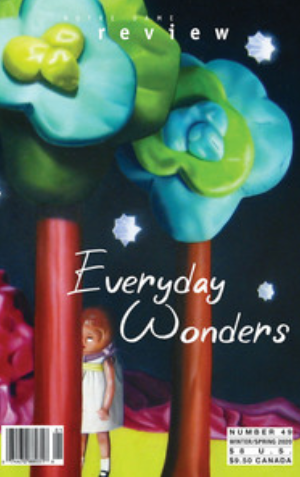Opening lines of books are so important, as you know. First lines should draw the reader in and inspire the reader to keep reading. Thanks to a book club friend who sent Colum McCann’s article to me, excerpted below.
I also like his take on “write what you know.”
Colum McCann:
A first line should open up your rib cage. It should reach in and twist your heart backward. It should suggest that the world will never be the same again.
The opening salvo should be active. It should plunge your reader into something urgent, interesting, informative. It should move your story, your poem, your play, forward. It should whisper in your reader’s ear that everything is about to change.
But take it easy too. Don’t stuff the world into your first page. Achieve a balance. Let the story unfold. Think of it as a doorway. Once you get your readers over the threshold, you can show them around the rest of the house. At the same time, don’t panic if you don’t get it right first time around. Often the opening line won’t be found until you’re halfway through your first draft. You hit page 157 and you suddenly realise, Ah, that’s where I should have begun.
So you go back and begin again.
Don’t write what you know, write towards what you want to know.
A writer is an explorer. She knows she wants to get somewhere, but she doesn’t know if the somewhere even exists yet. It is still to be created. Don’t sit around looking inward. That’s boring. In the end your navel contains only lint. You have to propel yourself outward, young writer.
In the end your first-grade teacher was correct: we can, indeed, only write what we know. It is logically and philosophically impossible to do otherwise. But if we write towards what we don’t supposedly know, we will find out what we knew but weren’t yet entirely aware of. We will have made a shotgun leap in our consciousness. We will not be stuck in the permanent backspin of me, me, me.
Excepted from “So you want to be a writer? Essential tips for aspiring novelists,” by Colum McCann, The Guardian, May 13, 2017

